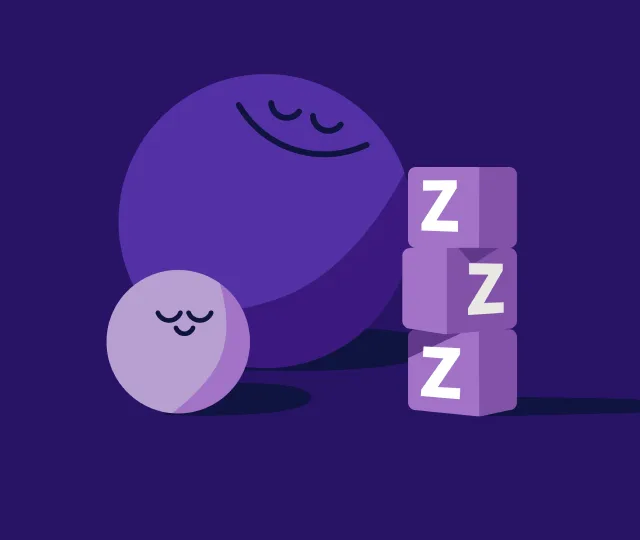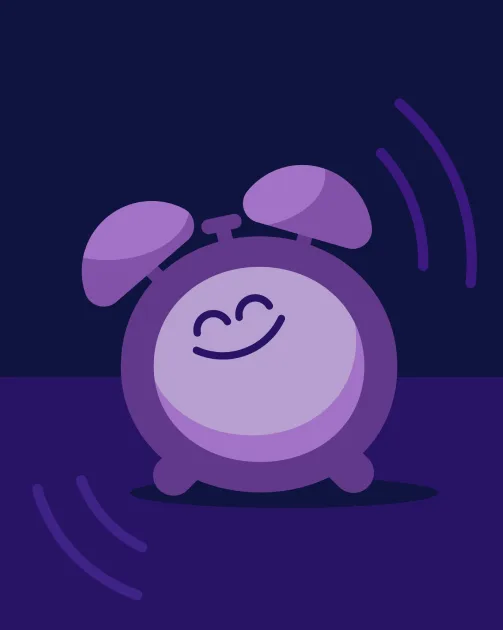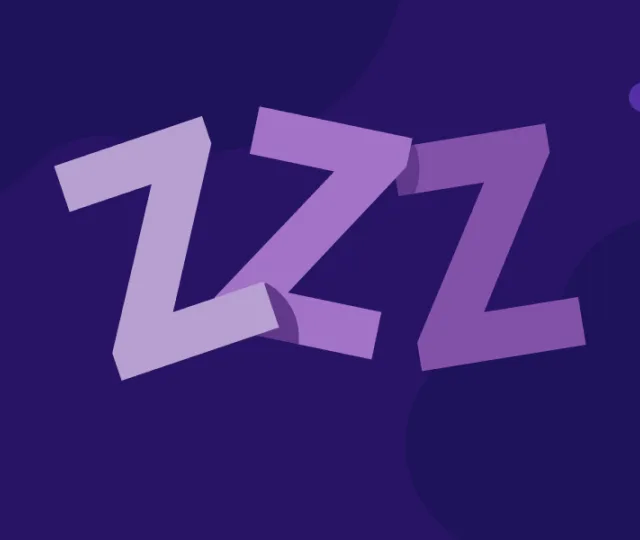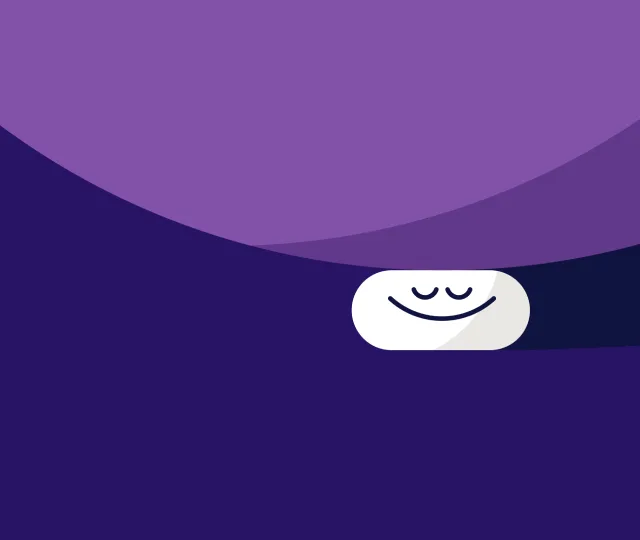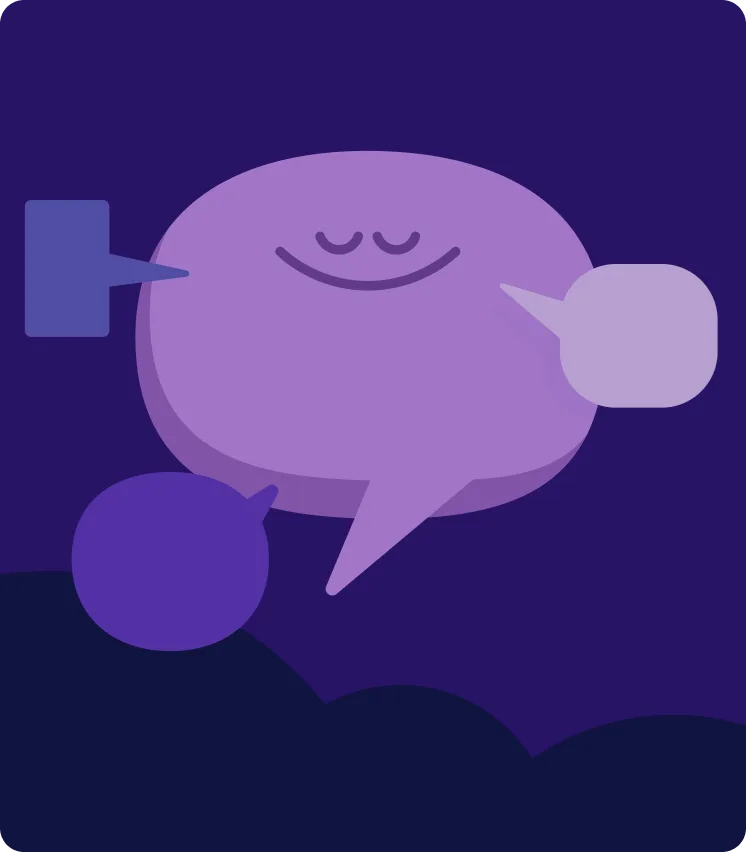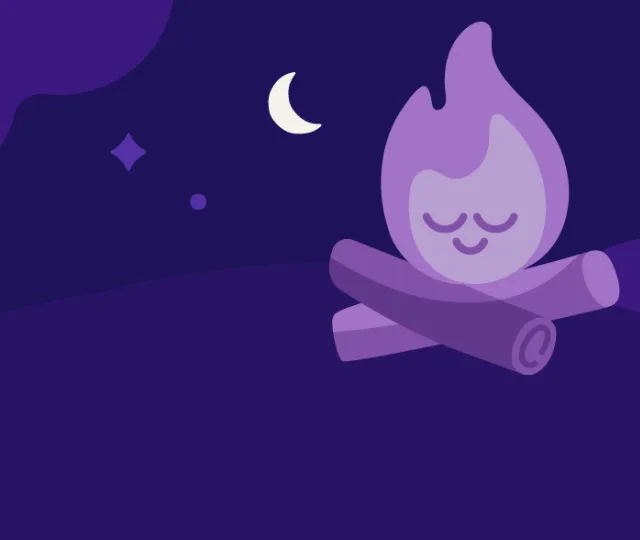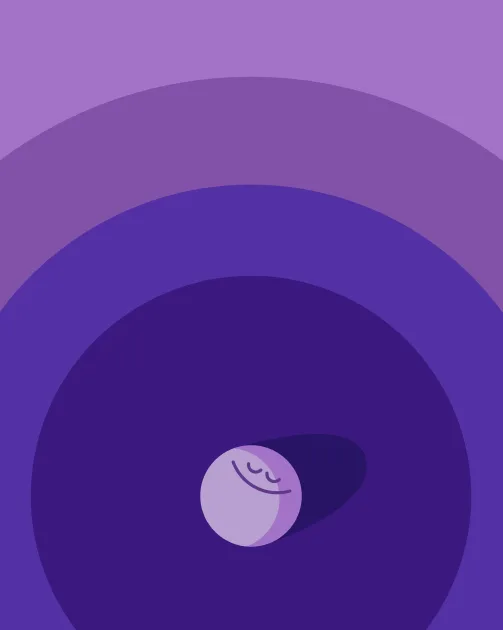Using your phone before bed
By Your Headspace Mindfulness & Meditation Experts
Time to be honest with yourself: how often do you take your phone to bed? How many times have you promised yourself an early night, only to end up lying there, even in the dark, scrolling through social media or reading/sending messages?
Our smartphones might feel crucial to our lives as a means to communicate or to keep informed about events around the world, but being on your phone before bed can sabotage one of the fundamental pillars of our well-being: sleep.
More than a third of Americans aren’t receiving the recommended seven hours a night that allow the body and mind to rest and recharge. What’s more, another study by a panel of leading sleep experts found that 90% of Americans use a technological device in the hour before bed.
Alerts off, drift off
Set the conditions for a restful night’s sleep with these deep, ambient sounds about an hour before bed.

Sleep Music: Doze
45 mins
Effects of merging phone and sleep
It’s fair to assume that it’s not only Americans who are caught between their phones and good sleep hygiene. So how can we best juggle the advantages of the technology at our fingertips with the need to put our minds into sleep mode at night?
In a pre-computer/mobile phone age, leading sleep expert Richard Bootzin, of the University of Arizona, famously said, in 1972, that people should avoid any activity in bed apart from “sleep and sex” ... and the truth of his advice remains even more valid today.
Being on your phone before bed can negatively impact sleep by engaging the mind at a time when it should be winding down. Of course, it’s natural to want to read something before bed, but there is a big difference between words on a page in a book, and the words on a screen. Just a quick check of our phone is enough to stimulate the brain and send alert signals rather than sleepy signals.
Research conducted by Harvard University sleep researchers outlined the impact of light-emitting electronic devices on our sleep. "We found that the use of these devices before bedtime prolongs the time it takes to fall asleep,” the report states.
Further research at the University of California, San Francisco, studied 600 participants over a 30-day period, and found that longer than average screen time, particularly before bed, was associated with shorter sleep duration and worse sleep efficiency.
Other studies have looked specifically at how the blue light emitted by our devices restrains the production of melatonin — the hormone that increases at night to control our sleep-wake cycle — and therefore affects sleep duration and quality, interrupting our body clock.
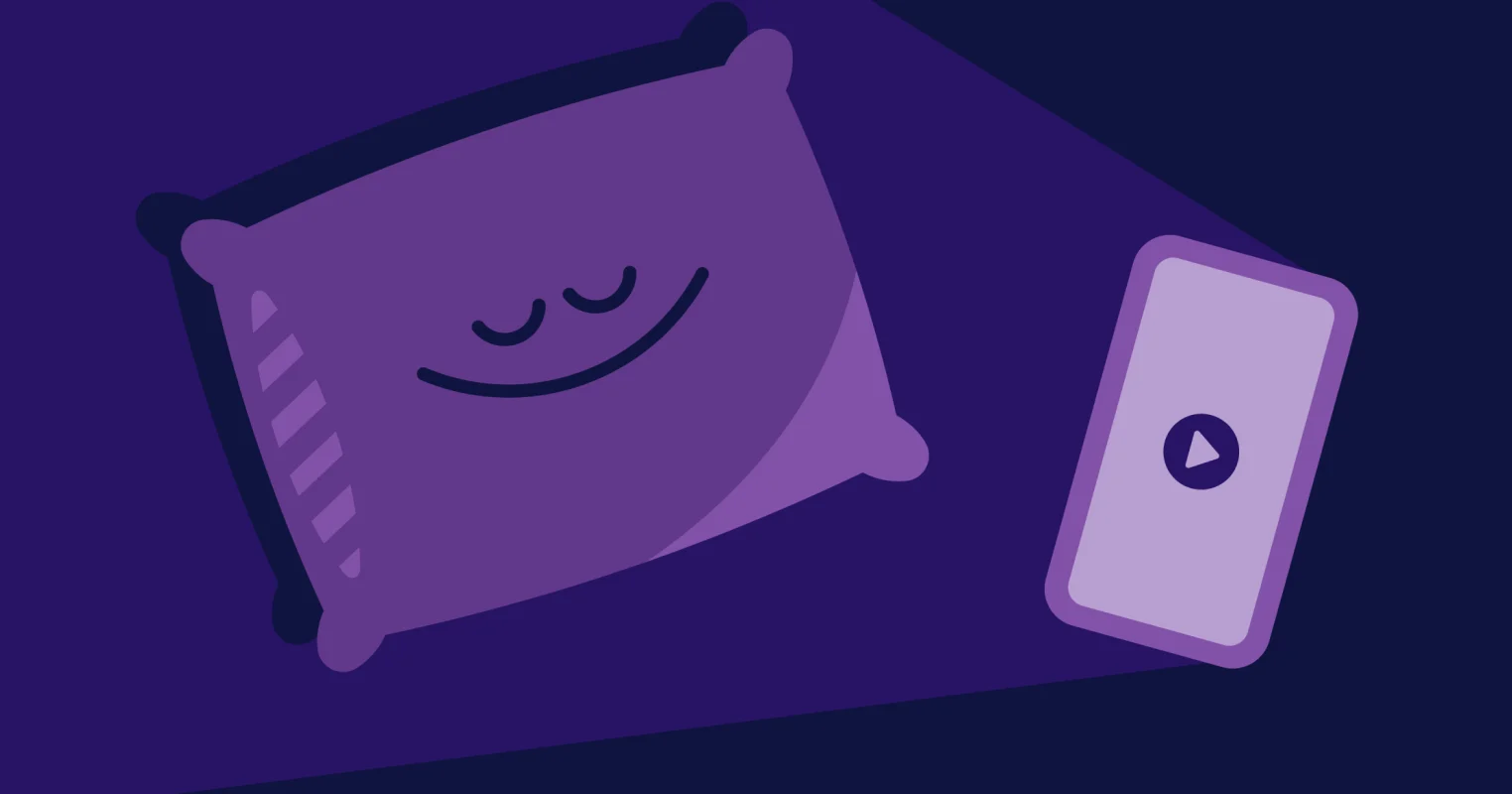
Unplug and unwind to improve sleep
There are a number of ground rules we can follow to limit the impact of phone use on our sleep. Switching off devices two hours before bed would be a dream scenario. An hour is commonly recommended, and perhaps more realistic — it’s what Headspace co-founder and former Buddhist monk Andy Puddicombe suggests to "make a big difference.” But even 30 minutes can make a difference, as demonstrated by research from Shanghai.
In that study, half of the 38 participants were asked to not use their cell phones for 30 minutes before bed for four weeks, and they experienced increased sleep duration and working memory.
Another option is to reduce exposure to blue light, which can be achieved by altering phone settings or adding an app that blocks the blue light and gives off an orange hue. Or you could, as an alternative, wear amber-tinted glasses. Of course, the best fail-safe option is to simply read a book before bedtime.
Part of the aim of good sleep hygiene is to wind down the mind in preparation for sleep, and that’s why Headspace is on hand, offering a wealth of helpful sleep content.
Meditation promotes better sleep by triggering our “relaxation response.” And because it is a practice that uses focused attention, our attention rests on our breathing not on our racing thoughts. So instead of chasing thoughts and storylines when our head hits the pillow, we let go of thoughts, relax, unwind … and drift off.
Headspace offers a range of techniques including retracing the significant moments of our day, counting backwards from 1000, and practicing mindful body scanning. Not to mention relaxing music and soundscapes.
Headspace’s 30-day sleep course (available only to Headspace subscribers) is intended to be used in the day to change our relationship with sleep and create the right mindset, over time, to help us get good rest. And it also helps that the app offers a meditation in ‘Mindful Tech’, too, which teaches us how to detach from our devices with skillfulness.
And while Headspace is accessed via our devices, there are ways to turn off the digital distractions and still tune in. Headspace can be paired with voice-activated technology such as Alexa or Google Home, or there’s another workaround, as Andy Puddicombe suggests: "If you want to use the Headspace sleep exercises, set it up, turn the phone on silent or airplane mode, and turn it over on the bedside table or on the floor,” he says. “You can play it on speaker or through earphones."
When we take a good look at how we use phones before bed, we are really examining our self-care routine. How are we helping or hindering ourselves when it comes to doing all we can to facilitate a good night’s sleep? Once we explore the answers, the solutions become easier to follow.


Sleep made simple
- Find your perfect bedtime routine with hours of relaxing music, sounds, and stories to choose from
- Get more restful sleep with our Sleep Health course: exercises developed with leading sleep scientists
- Feel your best from morning to bedtime with access to hundreds of stress-relieving meditations
Annual - billed at $69.99 USD/yr
14 days free
$5.83 USD/month
Monthly
7 days free
$12.99 USD/month


Stay in the loop
Be the first to get updates on our latest content, special offers, and new features.
By signing up, you’re agreeing to receive marketing emails from Headspace. You can unsubscribe at any time. For more details, check out our Privacy Policy.
- © 2024 Headspace Inc.
- Terms & conditions
- Privacy policy
- Consumer Health Data
- Your privacy choices
- CA Privacy Notice

